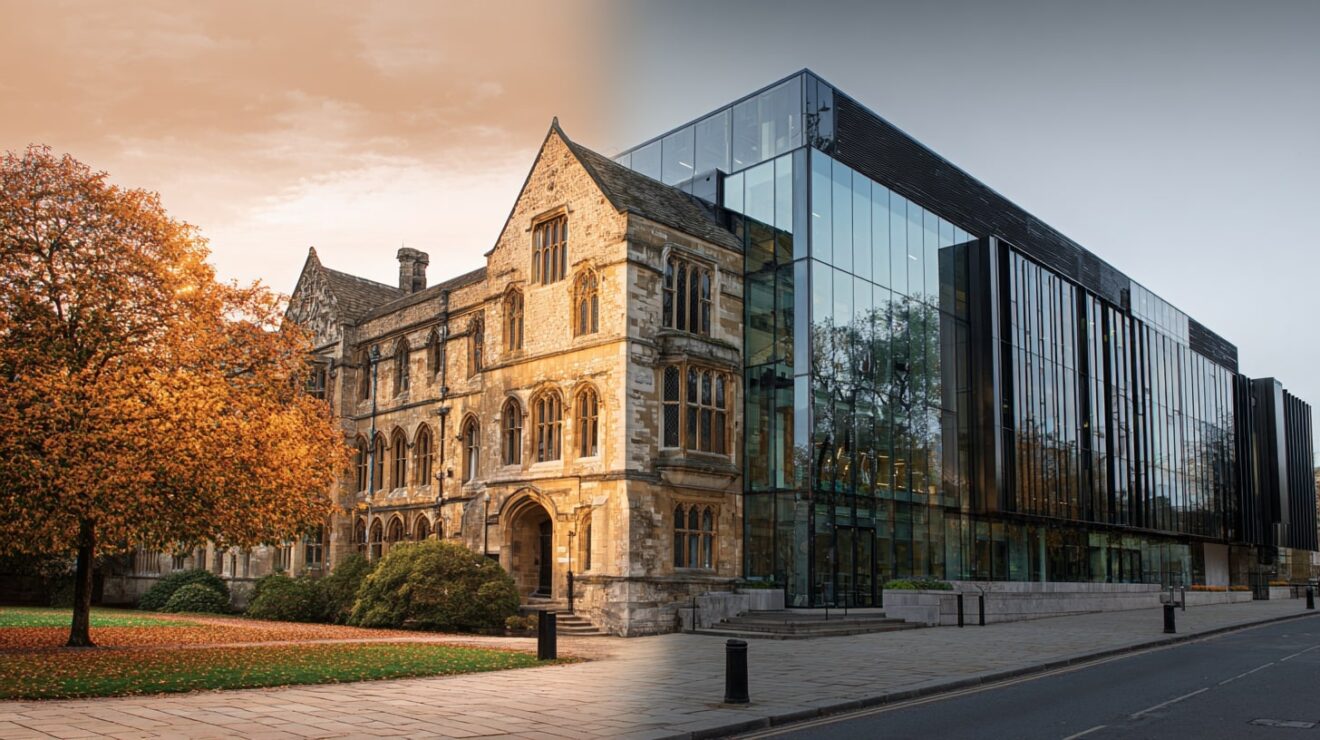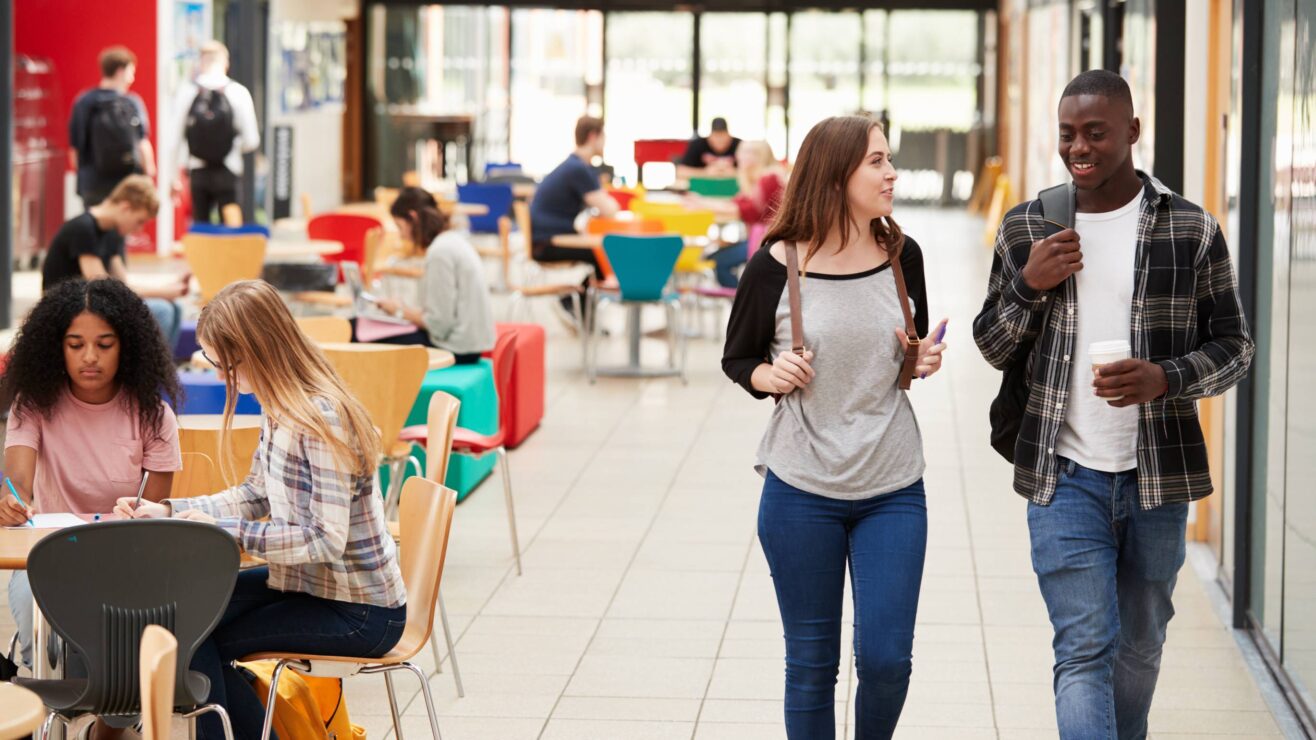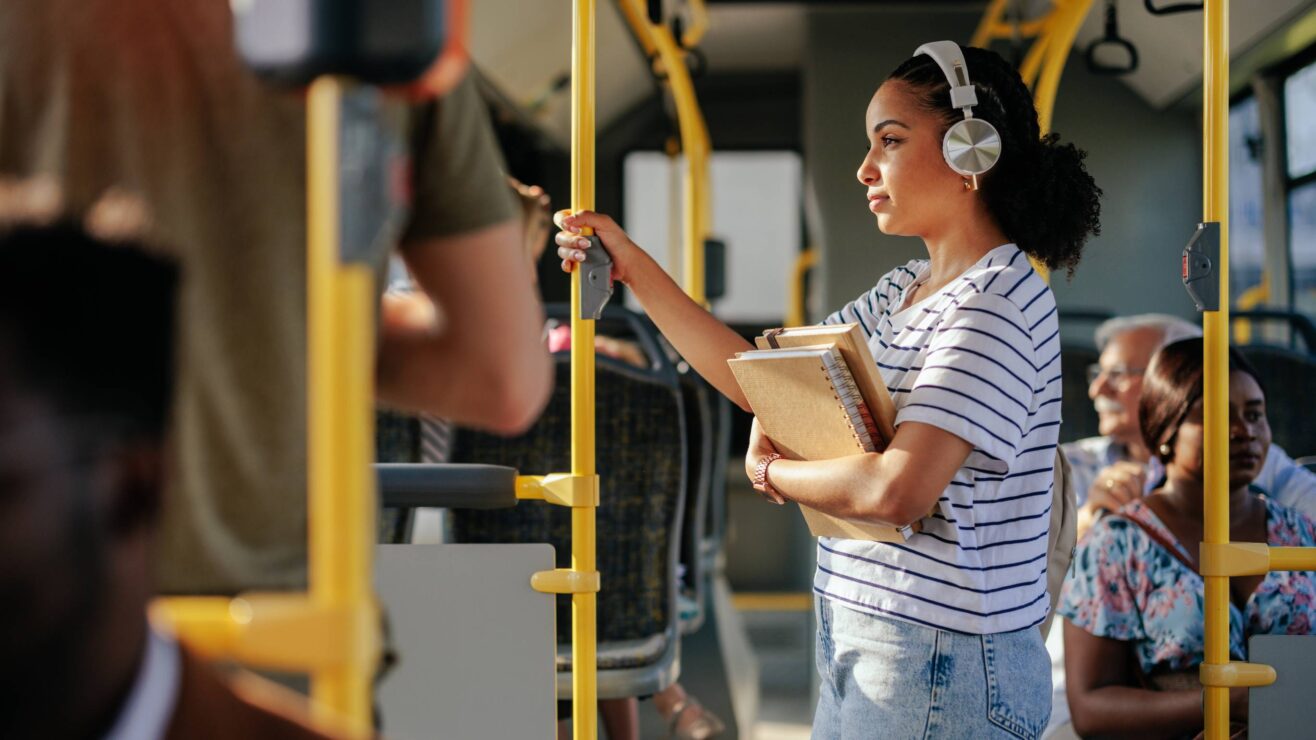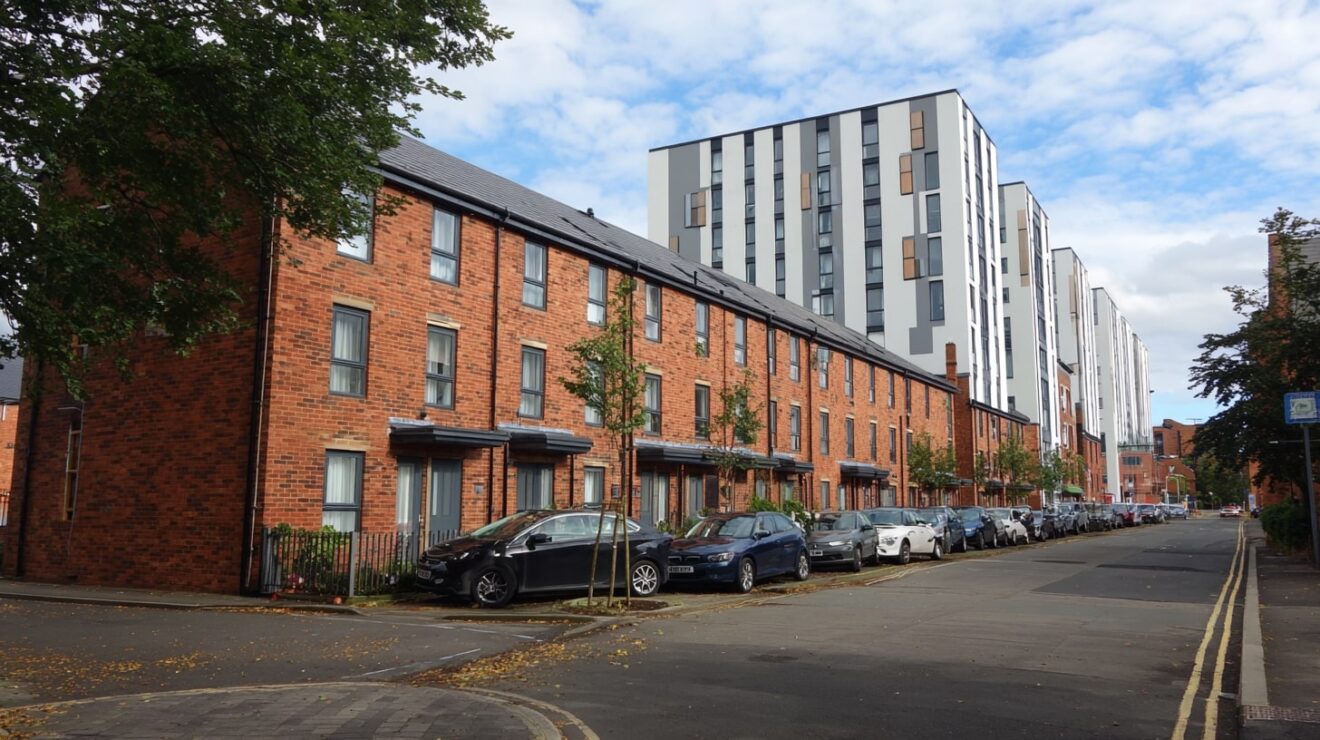Working with SUs to develop understanding of key policy and knowledge areas is a core function of our work at Wonkhe SUs.
We’re committed to delivering useful, helpful and essential knowledge briefing and policy content remotely, so that you can focus your resources on local issues.
This will cover our usual areas – legal and regulatory issues relating to SUs, education and welfare policy topics, the wider higher education sector and so on.
We’re also hoping to stage an in-person event before the Autumn term kicks off to explore higher education policy influencing and development in detail. Keep your eyes peeled for that.
1. A blog a day
From Monday June 1st we’ll again be selecting a Wonkhe blog or briefing for officers to read every day – so that by the end of the summer they’re up to speed on all the key contemporary issues facing students, higher education and SUs. We’ll highlight these via WhatsApp – so we’d encourage early sign up to the system for new officers.
2. In house training
We are now scheduling in-house, in-person training into the diary for full subscribers – although we may need to work with you on unions nearby to each other doubling or tripling up so we can fit everyone in. Here’s a reminder of what’s on the menu, and do get in touch now if you have dates in mind.
3. In person policy event
In late August/early September, restrictions permitting, we’ll be inviting student leaders and the staff that support them to an in-person event. We’ll have more details soon.
4. Daily conference call induction programme
The centrepiece of our approach will be our daily Zoom conference call programme from mid-June through to mid-August, designed to cover all the big policy issues in the sector. The programme will be completely free to take part in for all officers and staff within Wonkhe SUs subscriber unions.
Each session will run live for around 50 minutes at 10am on the date specified. We would encourage officers (and interested staff that support them) to take part live, although a recording will be made available later in the day – along with slides and a collection of relevant resources and/or Wonkhe briefings or blogs.
Our conference calls are designed such that a general audience can get the key concepts, and a specialist audience knows where to go for additional information or contacts. Most will feature a presentation and discussion with a guest from SUs or sector bodies – if you’re interested in helping out with any of these topics, please do get in touch.
And for clarity, we’re happy to have participants that are full and part time officers, reps, staff and even trustees. The more the merrier.
Summer conference call programme 2021
10am unless otherwise stated.
Monday June 14th: How does student representation work?
In this introductory session we’ll look at some of the major theories and models surrounding student representation, advocacy and influence and consider how they might be used by officers and SUs to improve things for students. We’ll also provide an overview of Wonkhe and Wonkhe SUs – who we are, what we do, what we think and how we might help with representing students effectively.
Tuesday June 15th: How higher education works
Higher education in the UK has a “design”, and it’s crucial that officers (and the staff that support them) understand the system in order to influence it. This session explains all on how higher education is run, regulated, monitored, influenced and regarded – and will also cover both higher education quality assurance and complaints.Register here
Wednesday June 16th: Students’ unions and the law
This session will give new officers (and staff) a grounding in the main legal frameworks that surround students’ unions and will examine grey areas and the regulation that enforces (or, more often, doesn’t enforce) those frameworks.Register here
Thursday June 17th: Harassment and sexual misconduct
Plenty of officers have improving processes in relation to harassment and sexual misconduct for the year ahead. This session will introduce the main issues being discussed and debated by universities, explain the consultation from OfS on harassment and sexual misconduct, explore some of the implications for universities and SUs and give participants a chance to consider their SU response.
Friday June 18th: Understanding SU governance
This session looks at the history of debates around how SUs are governed, some of the issues that SUs have had over the years in this area and considers how SUs can assess and improve their Governance practice.
Monday June 21: What difference do SUs make?
Before Covid-19, Wonkhe published research on SUs and their value, and last year social mobily charity the Sutton Trust did something similar from the point of view of extra-curricular activities. In this session we’ll take you through the key findings and ways you can use them to try to increase, protect, or at least limit cuts to your SU’s block grant funding.
Tuesday June 22: Students as consumers and protecting students
Students are consumers in law – what does that mean and why does it matter? And Student Protection Plans are a regulatory requirement for all higher education providers that are on the Office for Students register in England. This session provides an overview of the frameworks and will enable participants to understand and influence implementation at an institutional level.
Wednesday June 23: Initiations and student conduct
In recent years “initiations” has gone from a taboo subject a major policy area, and last year Universities UK published guidance on it. In this session we’ll look at the issue in detail and consider wider issues in relation to the management of student conduct both within universities, SUs and out in wider communities and contexts.
Wednesday 23 June 2021, 11am: I just picked me a plum
I’ve seen lots of versions of SU officers’ social media – some dry, some exciting, some “on brand”, some painfully off-brand, some barely post and others overshare in a way that’s genuinely upsetting. In this session I’ll try to relate what I’ve seen officers do with their social accounts in recent years to emerging theory on political effectiveness, and ask what officers and staff that support them need to do to build an effective and engaging presence online that builds profile, increases engagement and enhances accountability.
Thursday June 24: Taking a trip around Europe
In January 2020 Wonkhe SUs ran a study tour for SU staff and officers around Latvia, Lithuania, Estonia and Finland – and two years before there was a similar trip to Sweden, Denmark and Norway. In this session we’ll whizz participants around the countries’ higher education and SU systems and ask what might be replicated or adapted for a UK audience.
Friday June 25th: Righting the wrongs for Disabled students
What are the big issues facing disabled students and how can SUs tackle them both in their own provision and in their representation to universities? Why are duties around disbaled students different, and what can SUs do to improve the rights of disabled students on campus? This session provides a useful summary and overview.Register here
Monday June 28: Extenuating circumstances and safety nets
Last year the Office of the Independent Adjudicator ran a consultation on its approach to “requests for special consideration”, better known as “extenuating circumstances” or “mitigating circumstances”. We’ve also had lots of discussion about “safety nets” in the context of the pandemic. This session looks at the issues, and acts as a way in to thinking about academic regulations and their impact on students’ lives more generally for officers, policy staff and others.
Tuesday June 29: UPPf Student Futures Commission evidence session
Details to follow
Wednesday June 30: Partnership or not? Ten ways to improve institution-level student representation
Lots of SUs are looking to improve their student representation/partnership work at institutional level and make sure they get the relationship “right”. Can you bite the hand that feeds? Should you? This session looks at some of the theory in this space, gathers up examples of work across the sector, and identifies approaches/components that SUs have been implementing.
Thursday July 1: The story of Covid-19
In this session we’ll tell the story of Covid-19, the higher education sector and SUs. What happened, who decided what, where the problems were. It’s an ideal way to learn about how the higher education sector does (and doesn’t) work, through a very real life case study.
Friday July 2: Student housing
Accommodation emerged as a signature issue in the early stages of the pandemic, as decision makers realised the realities of a market that few believe works in the interests of students. This session will summarise the policy agenda and frameworks and give participants a change to think through what could and should happen next.
Friday July 2 at 2pm: Students on health courses
Doctors, nurses, midwives, paramedics – what are the issues and what can SUs do make sure that students are effectively represented? We’ll do an overview of the essentials in this session and ensure you know how to tackle representation for these students effectively.
Monday July 5: Parliamentary and government advocacy
Can individual SUs or groups of SUs make a difference when lobbying government or parliamentarians? Drawing on expertise from NGOs and politics, this session will look at what can be achieved and how to maximise influence and impact on decision-makers.
Tuesday July 6: Student mental health
Mental health and wellbeing has been the dominant HE policy agenda for a few years now. This session will summarise where the agenda has got to, the things universities have become good at tackling (and those they haven’t) as well as delving deeper into the Student Minds mental health charter.
Wednesday July 7: Only the lonely
In this session we’ll explore Wonkhe’s specially commissioned loneliness research and consider implications for SUs that are concerned about student mental health and wellbeing, especially in light of recovery from the global pandemic.
Thursday July 8: Rights here, rights now
If students have rights, they’d struggle to know what they were (or how to use them) via SUs. And if SUs have a representative or political agenda for students, you’d never know from SU websites or insta accounts. This session will explore research into SU comms output, look at barriers faced by SUs in this area and look at practice from other sectors in communicating policy and rights.
Friday July 9: International students
In this session we’ll look at the state of the international student experience and identify the sources of evidence available to you to make a difference – as well as delivering an overview of where we are on immigration. We’ll also look at practice in relation to internationalising SUs and consider the big policy agendas for international students in the year ahead.
Monday July 12: This Augars badly
Back in February 2018, the Prime Minister, Theresa May, announced in a speech that there would be a “wide-ranging review into post-18 education” led by banker Philip Augar. This Autumn the government will finally respond to the review, which could have a massive impact on universities and students. This session will explain what was in the review, and what could be coming next.
Monday 12 July, 12pm: Dusting off the crystal ball
In this session we will identify agendas and issues likely to impact students and students’ unions in the year ahead, with an opportunity to consider how these might play out on campus, in committees and in meetings with senior types in universities.
Tuesday July 13: New sorts of democracy
With confidence in and participation in representative democracy at an all time low, lots of SUs have been reviewing their democratic structures – but whilst lots have experimented with forms of direct democracy, few have dabbled in deliberative democracy. In this session we will explain different models for and types of democracy in use in both SUs and other organisations, discuss deliberative democracy and consider the ways in which it might apply to SUs.
Tuesday 13 July, 12pm: Secrets of political thinking
When trying to advocate for and represent students effectively, students’ union officers and the staff that support them are increasingly finding a need to think, analyse and respond rapidly. This session draws on research into leadership and politics to identify ways in which you can keep up with going on and make better decisions “in the moment” when presented with a baffling array of data and choices.
Wednesday July 14: The secret history of SUs
If you want to know where we’re going, you’ll need to know where we’ve been. This session digs into the origins of students’ unions and summarises their role and history through the major higher education debates of the past century. It looks at student rights, in loco parentis, massification, marketisation, freedom of speech and the co-production of educational outcomes.
Thursday July 15: Free speech?
The biggest obsession of the press in relation to students and universities over the past few years has been about “freedom of speech” and student “snowflakes”. This session explains the origins of the issues, the legal frameworks that surround it and where the agenda might go next at a national and local level within universities.
Thursday July 15: (2pm) Sport and higher education policy
What has Sport got to do with higher education policy? What agendas ought sports and activities sabbs (and their staff) be thinking about in the year ahead? In this session we round up all the major contemporary issues and considered how SUs might influence and respond.
Friday July 16: Understanding your university’s finances
University finances are under pressure – and so as universities seek to make savings to stay afloat, understanding them will be central to representing students effectively. We’ll explore the main data sources, explain key terms and discuss the “known unknowns” that you might be able to access locally.
Monday 19 July: Understanding the TEF, NSS and LEO
It’s three sessions for the price of one! Here we’ll take participants on a fun journey through the history of attempts to measure and count higher education and consider where the pandemic leaves these previously important agendas for regulators and students.
Tuesday 20 July: Data day concerns
We know that SUs are more effective when they use evidence and data. Much of that can be gathered in house, but what about when you need national comparisons or benchmarks? Here we will whizz you through all the key sources of national data on universities and students, on everything from access and participation to parking spaces. We’ll also show you how you can present data and stats to tell the story you’re keen to underline.
Wednesday 21 July: Tackling race and racism on campus
Plenty of SU officers have manifesto commitments on curriculum decolonisation, tackling the awarding gap and addressing racial harassment. This session will introduce the key issues, policy considerations, and where to find the data that matters on access and participation. There will also be an opportunity to hear about some of the practice from around the sector.
Thursday 22 July: Students and the community
This session will look both at SUs as communities and the relationship between SUs and their local community and ask what role SUs can play in building citizenship and civic skills for the 21st century.
Friday 23 July: Communicating with students
Organisations and leaders typically have one of two responses to a crisis: they either go silent or they over communicate. You’ll have observed examples for yourself during the Covid-19 crisis. The best responses are rooted in listening, engaging and providing support to members. This session will explore examples of who’s doing it well, and identify why – so you can too.
Break for NUS lead and change
Monday 9 August: Hidden costs and student costs campaigns
We’ll review the legal position on hidden costs and fee increases and take you through a decade of SU student costs campaigns as a case study in understanding SU campaigns, policy and influencing work in the student interest.
Tuesday 10 August: What about the Postgraduates?
Numbers of postgraduate students are climbing, but the sector tends to be firmly undergraduate focused and universities aren’t always great at supporting their postgraduate populations. This session takes you through some key issues for postgraduate students.
Wednesday 11 August: Access and participation
Around the UK getting into and getting on through university remains a major political issue – and there are expectations of student and SU involvement. This session will summarise and update on A&P, describe where to access A&P data for your university, give you an overview of the involvement that SUs are having in the agenda, and discuss SU projects that are being funded by universities to help deliver and evaluate the plans.
Thursday 12 August: Students at work
In survey work lots of students argue that employment – both during and after their time at university – is a priority that they’d like to see the SU working on. But what are the big issues, and where might SUs make the biggest difference on this agenda? We’ll dig into the detail on this call.
Friday 13 August: The year ahead
In this final session in the programme we’ll pick up the big issues we’ve missed when we created this year’s programme and look at the major issues coming across the desks of SU officers this autumn.


















